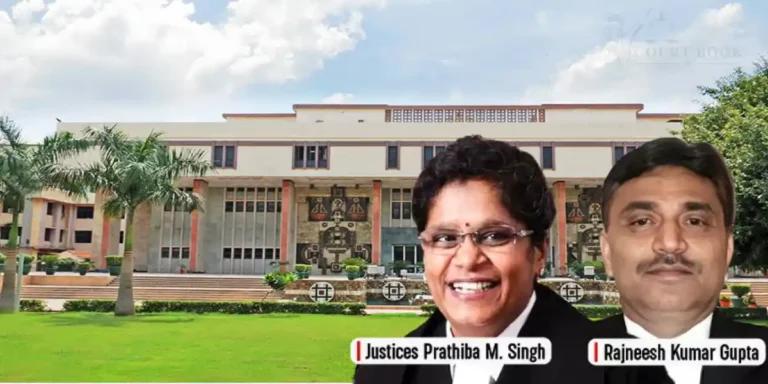In a case highlighting the strict time limits under India's arbitration law, the Delhi High Court has rejected Tefcil Breweries Ltd.'s attempt to revive a challenge against an arbitral award in favor of Alfa Laval India Pvt. Ltd. The division bench of Justice Prathiba M. Singh and Justice Rajneesh Kumar Gupta, on October 8, 2025, upheld the Single Judge’s order dismissing Tefcil’s petition as time-barred under Section 34 of the Arbitration and Conciliation Act, 1996.
The Bench observed that
"strict adherence to limitation periods under the Act is necessary to maintain the finality and certainty of arbitral proceedings."
Background
Tefcil Breweries had entered into a contract with Alfa Laval in 2005 for setting up a brewery in Himachal Pradesh worth ₹21.3 crore. Disputes arose soon after, leading to arbitration.
In 2017, the arbitrator passed an award largely in Alfa Laval’s favor, granting it various claims related to supplied goods, taxes, and costs. Later, in May 2018, an additional award added ₹31.23 lakh to Alfa Laval’s dues after clarifying a typographical error in the amount claimed.
Tefcil challenged both the 2017 award and the 2018 additional award before the Delhi High Court under Section 34 - but it did so months after the statutory deadline. The Single Judge dismissed the plea on January 8, 2025, saying it was barred by limitation.
Court's Observations
At the appellate stage, Tefcil argued that the limitation period should start not from May 18, 2018 (when the additional award was made) but from August 21, 2018, when it received a signed corrected copy.
Its counsel, Mr. Sushil Bajaj, insisted that "a valid delivery of the signed award to the party is essential for limitation to begin," citing precedents from the Bombay High Court and Supreme Court rulings in USS Alliance v. State of Uttar Pradesh.
The Respondent's counsel, Mr. Shankar Vaidialingam, countered that the correction made on May 23, 2018, was a mere typographical fix and not a substantive or "suo moto" correction triggering a fresh limitation. He stressed that Section 34(3) clearly makes the date of disposal of the Section 33 application the starting point, not the date of receipt of the corrected copy.
Agreeing with Alfa Laval’s stand, Justice Singh noted:
"The correction made by the arbitrator on 23rd May 2018 was minor and clerical, having no bearing on the operative portion of the award. Treating it as a fresh award would defeat the very purpose of the limitation scheme."
Read also:- Himachal Pradesh High Court Rules in Favour of Springdale Resorts, Says Land Use Period Under Section 118 Not to Be Read Narrowly
The Court referred extensively to Supreme Court rulings in Ved Prakash Mithal & Sons v. Union of India and Geojit Financial Services Ltd. v. Sandeep Gurav (2025), both of which affirm that the limitation clock starts from the disposal date of a Section 33 application - irrespective of later technical corrections.
The bench also disapproved of Tefcil's "hyper-technical" approach, remarking that extending limitation on such grounds would "defeat the legislative intent of speedy resolution under the arbitration framework."
Decision
The Division Bench upheld the Single Judge's decision, confirming that Tefcil’s petition was filed well beyond the permissible period.
It ruled:
"The appellant's delay in challenging the award is not justified. The argument that the correction created a new starting point for limitation is specious."
The Court further emphasized that appellate powers under Section 37 of the Arbitration Act are "narrow and supervisory, not re-evaluative."
Concluding that the correction made by the arbitrator was "a mere clerical clarification," the Bench dismissed the appeal, bringing to an end a legal tussle that had dragged on since 2009.
The order closed with a practical reminder for businesses engaged in arbitration:
"Strict timelines are the backbone of the arbitration process; courts cannot allow parties to stretch them under technical pretexts."
Case Title:- M/s Tefcil Breweries Ltd. v. M/s Alfa Laval India Pvt. Ltd.















